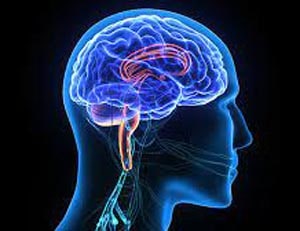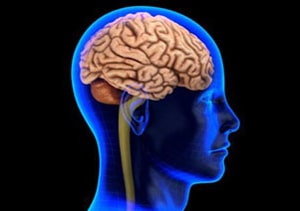Cognitive development in children proposed by Piaget, a Swiss psychologists
Cognitive Development

Cognitive Development was proposed by Piaget (1896-1980), a Swiss psychologist. Jean Piaget offered an essentially rationalist perspective, documenting the insufficiency of an empiricist interpretation of experience (Piaget, 1980, p. 23).
- Sensory Motor Stage: Piaget’s theory is based on learners passing through a series of stages. For the young infant, the most important way of exploring the environment is considered by Piaget to be through the basic senses. This he calls the ‘Sensory Motor Stage of learning’.
- Pre-operational or Intuitive Stage: The next stage is the Intuitive or Pre-operational Stage, which is usually considered to last between the ages of two and seven. This is when the child’s thoughts become more flexible and when memory and imagination begin to play a part (Williams & Burden, 1997).
- Concrete-operational Stage: After about the age of seven, the child is seen as entering the Concrete-operational Stage when the realization begins to dawn that operations can be reversed, e.g. that ice that melts into water can be frozen again into ice. This enables children to go beyond the information given, but is still dependent upon concrete (rather than abstract) examples (Williams & Burden, 1997).
- Formal-operational Stage: Finally, there is a move into formal operational thinking when abstract reasoning becomes increasingly possible. Piaget considered this should not happen before the adolescent years and will tend to vary across subject areas (Williams & Burden, 1997).

Piaget uses the term ‘operation’ to refer to internalized actions, i.e. the way in which actions become part of children’s imaginations. Children’s thinking is different from mature adults.

Piaget saw cognitive development as essentially a process of maturation, within which genetics and experience interact. The developing mind is viewed as constantly seeking ‘equilibration’, i.e. a balance between what is known and what is currently being experienced. This is accomplished by the complementary processes of ‘assimilation’ and ‘accommodation’. Assimilation is the process by which incoming information is changed or modified in our minds so that we can fit it in with what we already know. Accommodation, on the other hand, is the process by which we modify what we already know to take into account new information.

All children develop through the same sequence of stages. They go through a series of stages in their cognitive development, each with characteristic modes of thought. Children’s thinking at each stage is different from that at other stages. Cognitive development is not a continuous accumulation of things learnt, instead, intellectual revolutions change the structure of intelligence.
References
- Williams, M., & Burden, R. L. (1997). Psychology for language teachers: A social constructivist approach. Cambridge: Cambridge University Press.



